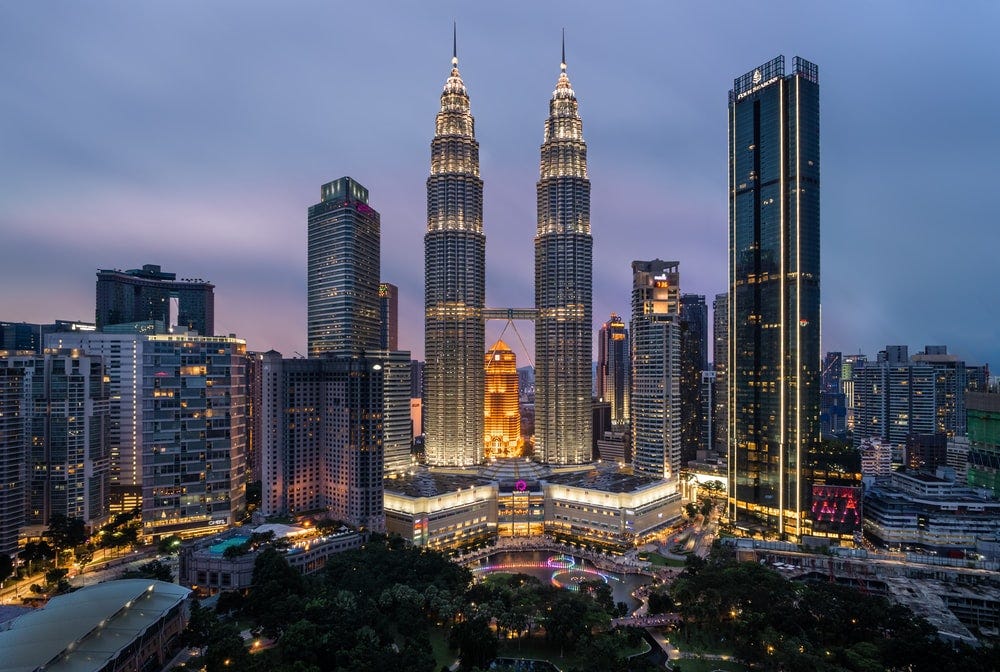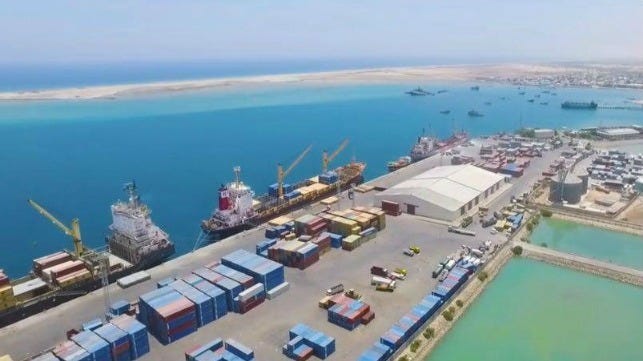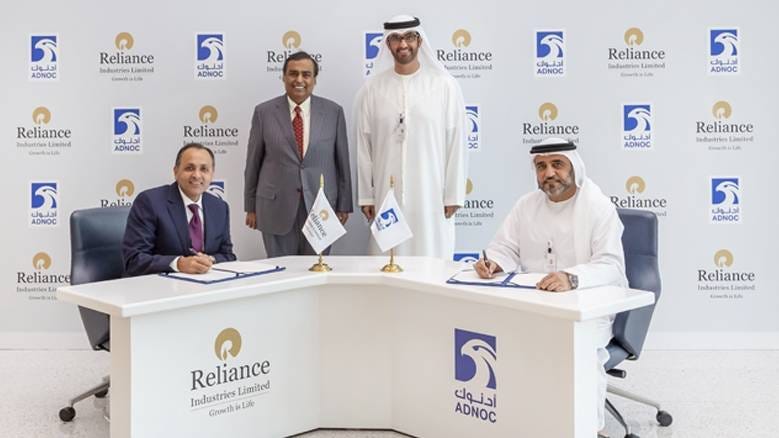Emerging Markets Daily - June 30
SE Asia Tech Boom Fuels M&A, Somaliland Opens Berbera Port, Brazil's Carbon-Neutral Beef, Reliance-ADNOC Deal on $2B Abu Dhabi Chemical Plant, Shenzhen Curbs Labor Costs
The Top 5 Emerging Markets Stories from Global Media - June 30
Southeast Asia’s Tech Boom Fuels Record Mergers and Acquisitions
Financial Times
“Technology sector dealmaking in south-east Asia hit $19bn in the first six months of 2021, the strongest-ever start to a year, fuelled by acquisitions by leading groups Grab, Gojek and Sea.”
“Mergers and acquisitions rose 114 per cent compared with 2020, according to data from Dealogic, reflecting investor enthusiasm for one of the world’s fastest-growing internet markets.
“South-east Asia is home to about 400m internet users and the digital economy is projected to hit $300bn by 2025, according to a report last year by Google, Temasek, the Singapore state investment company, and consultancy Bain…”
“Harry Naysmith, head of investment banking in south-east Asia at Goldman Sachs, said the region’s tech economy had ‘accelerated by 5 to 10 years’, spurring large-scale liquidity events such as initial public offerings.”
“One of the biggest deals was between Gojek and Tokopedia, the Indonesian tech groups, to create a technology platform worth more than $18bn, the sector’s biggest-ever merger. But even excluding that deal and Grab’s Spac, dealmaking in 2021 is still on track to set a full-year record.” Mercedes Ruehl reports
Somaliland Opens New Berbera Port Terminal
African Business
“UAE port operator DP World and the government of Somaliland opened a new container terminal in the Berbera port on Thursday, signalling a new era of East African trade.”
'“The new terminal increases the port’s container capacity from 150,000 Twenty-Foot Equivalent Units (TEUs) to 500,000 TEUs annually, and is the first phase in a broader expansion that aims to position Berbera port as a major oil and gas trade corridor for landlocked Ethiopia.”
“The port is strategically located on the Gulf of Aden, a crucial maritime hub for a fast-growing region that processes up to 20% of global trade annually.”
“…The new route reduces reliance on the port of Djibouti for Somaliland’s landlocked neighbour [Ethiopia], and provides an important boost for the region that will open up palpable opportunity for the region, experts say.” Shoshana Kedem reports
Brazil has Created its First Carbon-Neutral Beef
BBC
“…One country with a big incentive to make its beef more sustainable is Brazil, the world's largest exporter of beef, providing almost 20% of the world's exports. Researchers at the state-owned Brazilian Agricultural Research Corporation (Embrapa) have been searching for a way to counteract the emissions from the country's massive cattle herd – culminating in 2020 with a certified brand of Carbon Neutral Beef.”
“Rather than simply paying for offsets to make up for emissions (an approach that can be fraught with difficulties), Embrapa has aimed to make the process of cattle-rearing carbon neutral within the farm, in an approach it hopes could make the country's carbon-intensive beef industry more sustainable.” Ellen Nemitz reports
India’s Reliance to Develop $2bn Industrial Facility with Adnoc in Abu Dhabi
The National
“Reliance Industries, India's largest private petrochemicals company, will develop a major new chemicals facility in partnership with Abu Dhabi National Oil Company at the new Ta'ziz Industrial Chemicals Zone in Ruwais.”
“It is understood that the deal, the first for Mukesh Ambani's Reliance Industries in the Middle East, is worth $2 billion.”
“The UAE and Indian companies will develop a facility to produce chlor-alkali, ethylene dichloride and polyvinyl chloride (PVC) within the zone.” Jennifer Gnana reports
Shenzhen Seeks to Curb Surging Labor Costs
Nikkei Asia
“The Chinese city of Shenzhen will overhaul its rules on worker pay for the first time in 17 years, looking to curb surging labor costs and stem the exodus of companies to cheaper markets in Southeast Asia and elsewhere.”
“A bustling technology hub, Shenzhen's plan boils down to three main components -- reducing overtime pay for irregular workers, tightening bonus rules and extending deadlines for paying employees.”
“The Shenzhen government has explained that supporting businesses serves workers' interests in the medium to long term. Employment in China still has yet to recover to pre-pandemic levels, and Shenzhen hopes cutting wages could encourage hiring.” Takashi Kawakami reports





